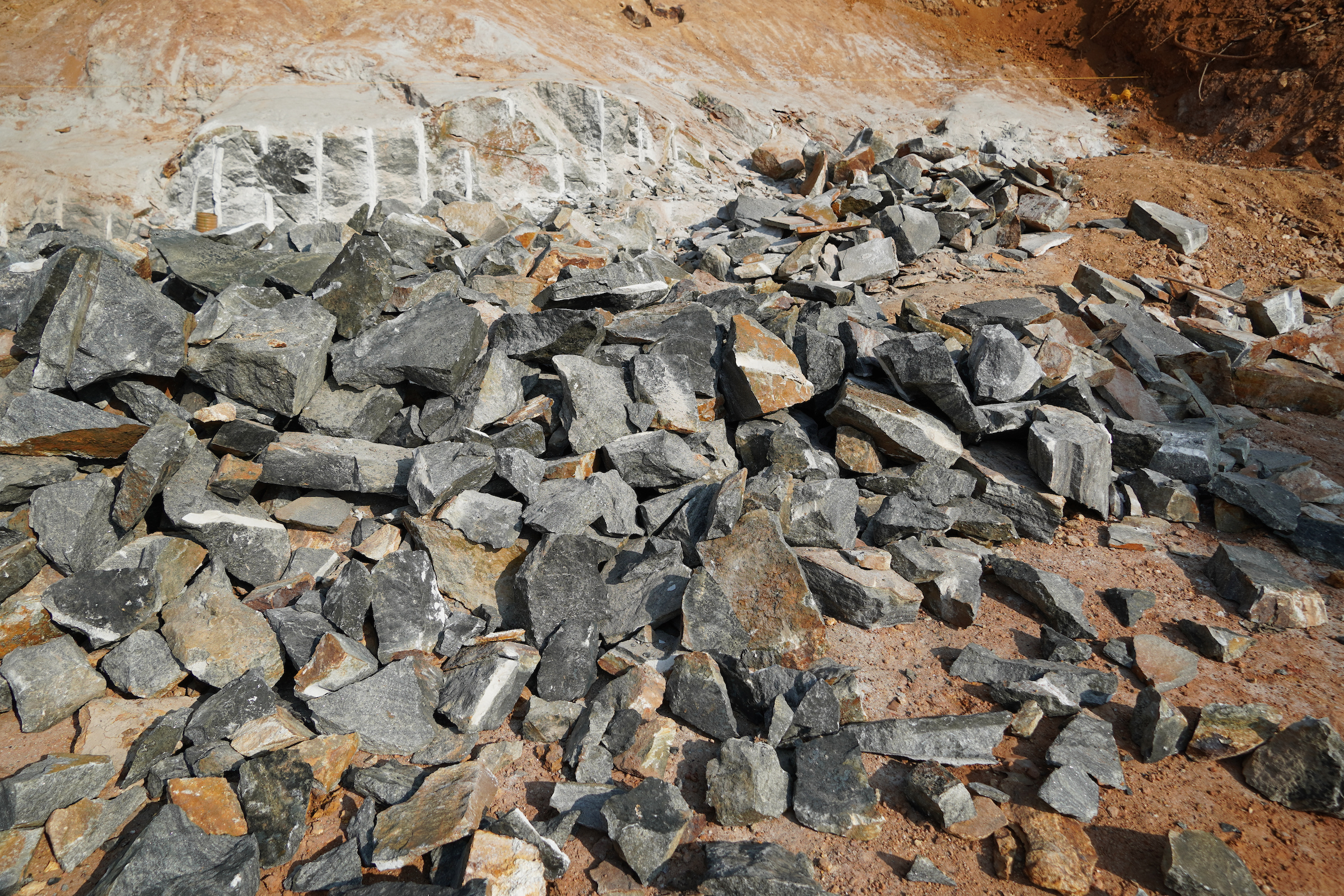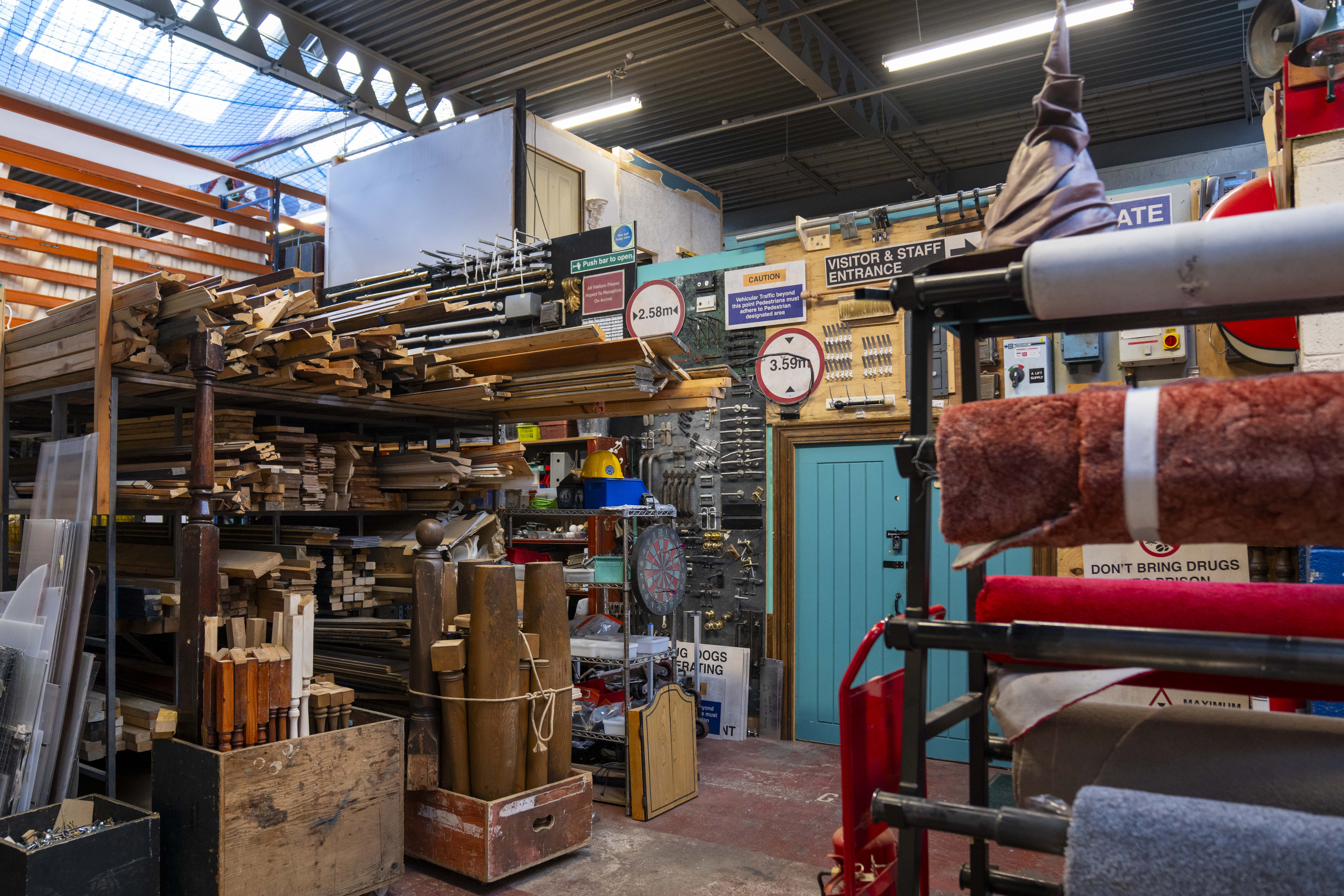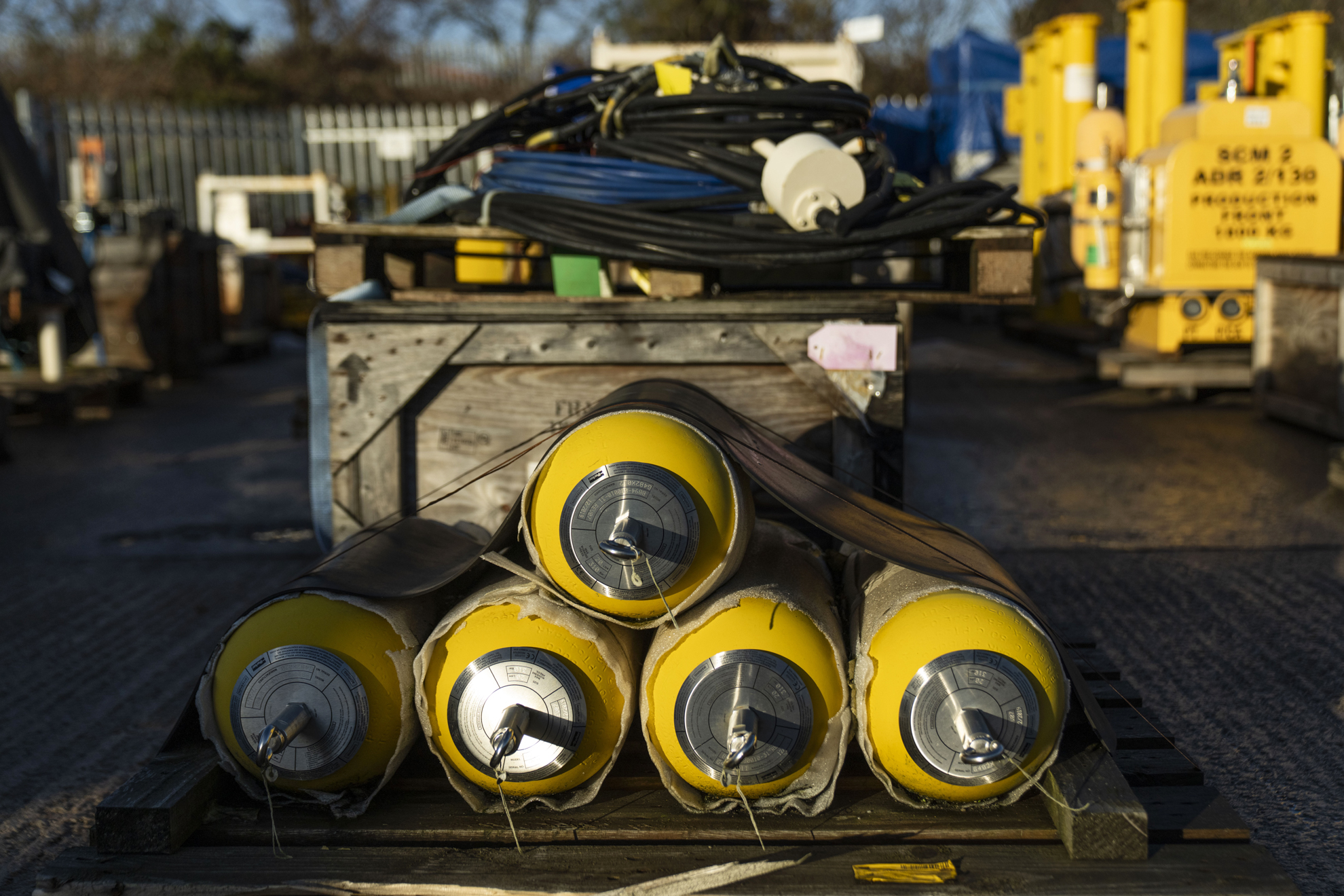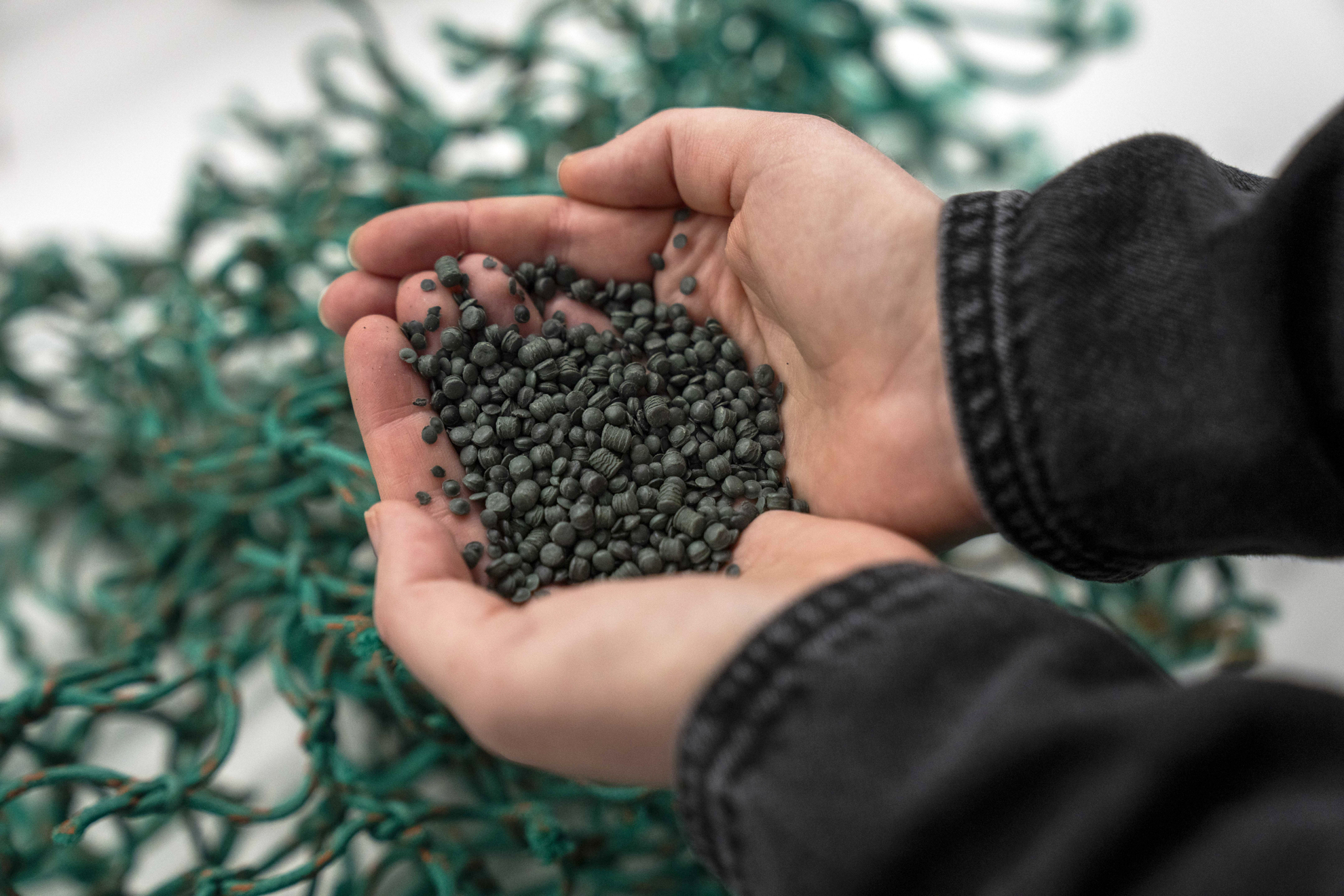
What are critical raw materials?
Critical raw materials are natural resources that are vital components of many emerging technologies, from wind turbines and solar panels to digital technologies like robotics.
Scotland and the UK currently depend heavily on imported critical raw materials, which leaves us open to geopolitical risks, volatile supply chains, and environmental and ethical concerns.
As a society our consumption of new goods and materials, including critical raw materials, is a major contributor to climate change. Transitioning to a circular economy that embraces reuse, repair and remanufacture is the best way to curb our resource consumption – and it can help us make the most of valuable materials that are in limited reserve.

The opportunity for Scotland
Evolving a circular economy for critical raw materials will help Scotland:
- Secure a stable supply of these vital resources.
- Reduce environmental harm by limiting the need for virgin material extraction.
- Create new economic opportunities, including jobs in reuse, recycling, and remanufacturing.
That’s because, by keeping materials we already have within our economy in high-value use, we can avoid the need to extract virgin materials to make new products.
Scotland has stocks of critical raw materials in existing energy infrastructure, from wind farms to oil rigs, as well as in the huge tonnages of waste electronic and electrical equipment (WEEE) we dispose of each year.
By capturing these and circulating them back into the economy we can develop a resilient and sustainable supply chain and drive innovation.
Accelerating a circular economy for critical raw materials
At Zero Waste Scotland we have teamed up with Green Alliance to produce a five-step plan for achieving greater energy security for [the UK and] Scotland.
The plan calls for the need for decision-makers to be aware of the pressure on critical raw materials as a challenge and to take a strategic approach to address this, with steps including:
- Increased accountability for depletion of critical raw materials.
- Data gathering to identify risks and opportunities for different critical raw materials.
- Integration of demand reduction and circularity into policy and economic strategy.
- Education and skills development in circular economy and emerging green technologies.
- Stimulate investment.
We’re also actively working with businesses and international partners to identify opportunities, develop best practice, and raise awareness of the critical raw materials challenge, with a mission to rewire the economy as outlined in our Corporate Plan.
Register for circular economy news from Zero Waste Scotland here.






